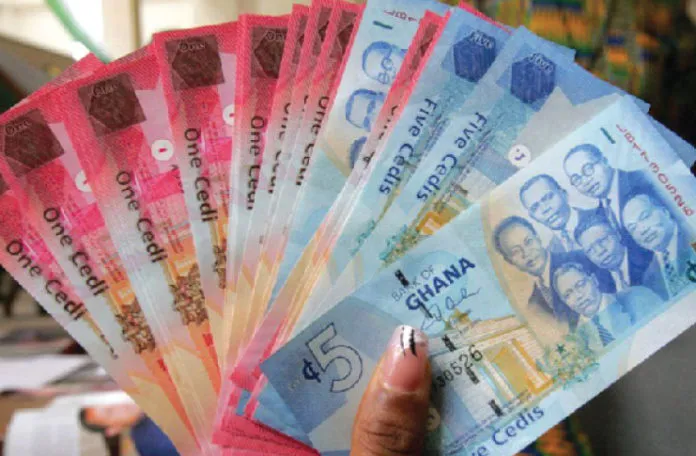The Bank of Ghana has slashed its benchmark interest rate by 3 percentage points to 25%, urging commercial banks to ramp up lending as the cedi’s strong rally and tamed inflation create a rare economic opening.
Governor Johnson P. Asiama declared the 40% year-to-date currency surge and August’s 12.1% inflation a four-year low have forged “the most stable backdrop in years,” with foreign reserves hitting $11.1 billion.
“Stability must now fuel growth,” Asiama told bank executives in Accra, directing credit toward small businesses, infrastructure, and digital innovation. The shift marks a pivot from defense to cautious expansion after the economy grew 5.3% last quarter.
Business confidence is rebounding, fiscal deficits narrowed to 0.7% of GDP, and bad loans are declining. Could easier borrowing ignite Ghana’s next growth phase?
New safeguards accompany the push: stricter rules on risk management, liquidity buffers, and forex compliance. Banks must now file weekly remittance reports or face penalties. “This stability was hard-won,”
Asiama cautioned. “Preserving it while driving inclusive prosperity is our shared duty.”
For market traders in Kumasi or tech startups in Accra, the real test begins. Will lenders finally unlock capital?
Source: newsghana.com.gh











